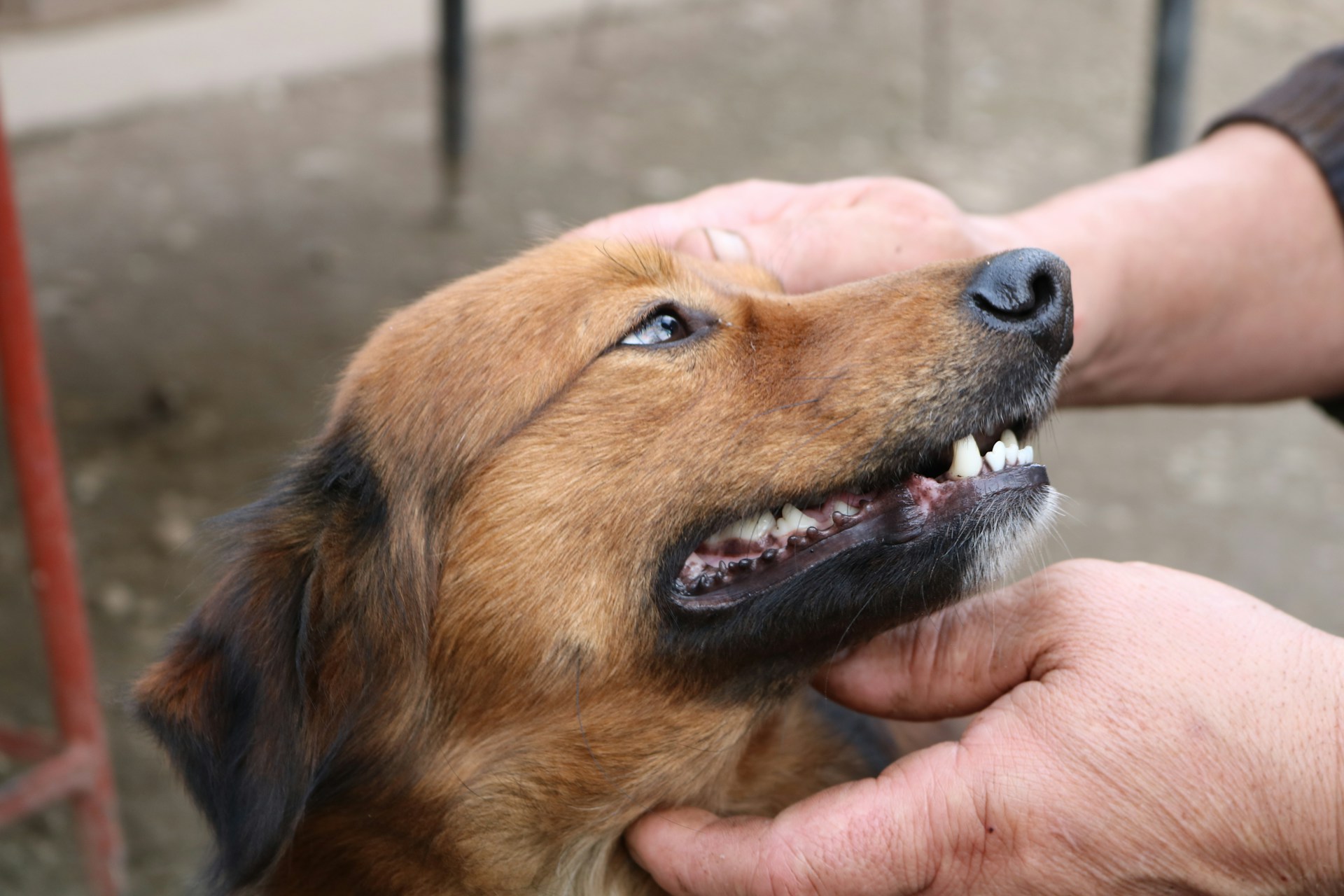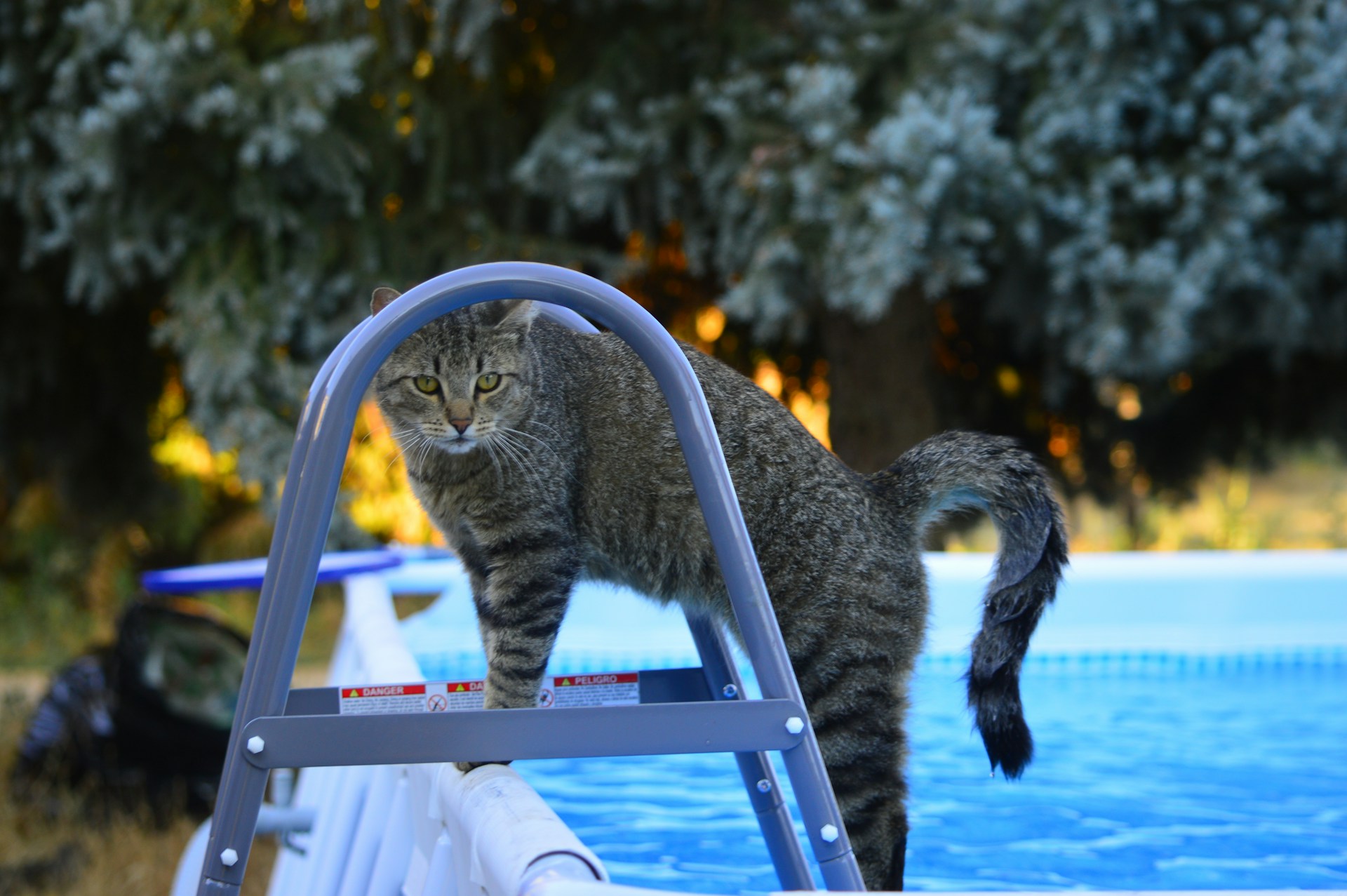If Only Pets Could Roll Their Eyes
Despite what we tell ourselves, pets are not always as carefree and passive as we like to think. Although they certainly have issues vocalizing or expressing their frustrations, there is no doubt that most pets put up with annoying things we do daily. So to better understand how you could upset your furry friends, here are 20 ways you’re annoying your pet.
1. Interrupting Their Sleep
Above all else (except maybe food) pets cherish their nap time. Just like us, pets are not fond of being disturbed during their natural rest cycle and doing so constantly is prone to cause irritability.
 Photo by Matthew Henry on Unsplash
Photo by Matthew Henry on Unsplash
2. Using Strong Perfumes
Pets are far more attuned to their sense of smell than humans could ever be. Unfortunately, what smells good to you may not be palatable for your pet, particularly if you use a strong perfume odour that can overwhelm their senses and cause them to avoid you.
 Photo by Hans Vivek on Unsplash
Photo by Hans Vivek on Unsplash
3. Dressing Them Up
Despite how cute you may think it looks, pets are often not happy being dressed up. Except for protective clothing for feet or to keep them warm, most pets find clothing restrictive and uncomfortable, generally causing them to be anxious.
 Photo by Cat Mapper (Max Ogden) on Unsplash
Photo by Cat Mapper (Max Ogden) on Unsplash
4. Ignoring Their Need for Space
Your pets enjoy and appreciate boundaries as much as you do, so try to respect them. Although some are more hungry for constant affection than others, it's important to note when your pet isn’t in the mood for persistent petting and holding.
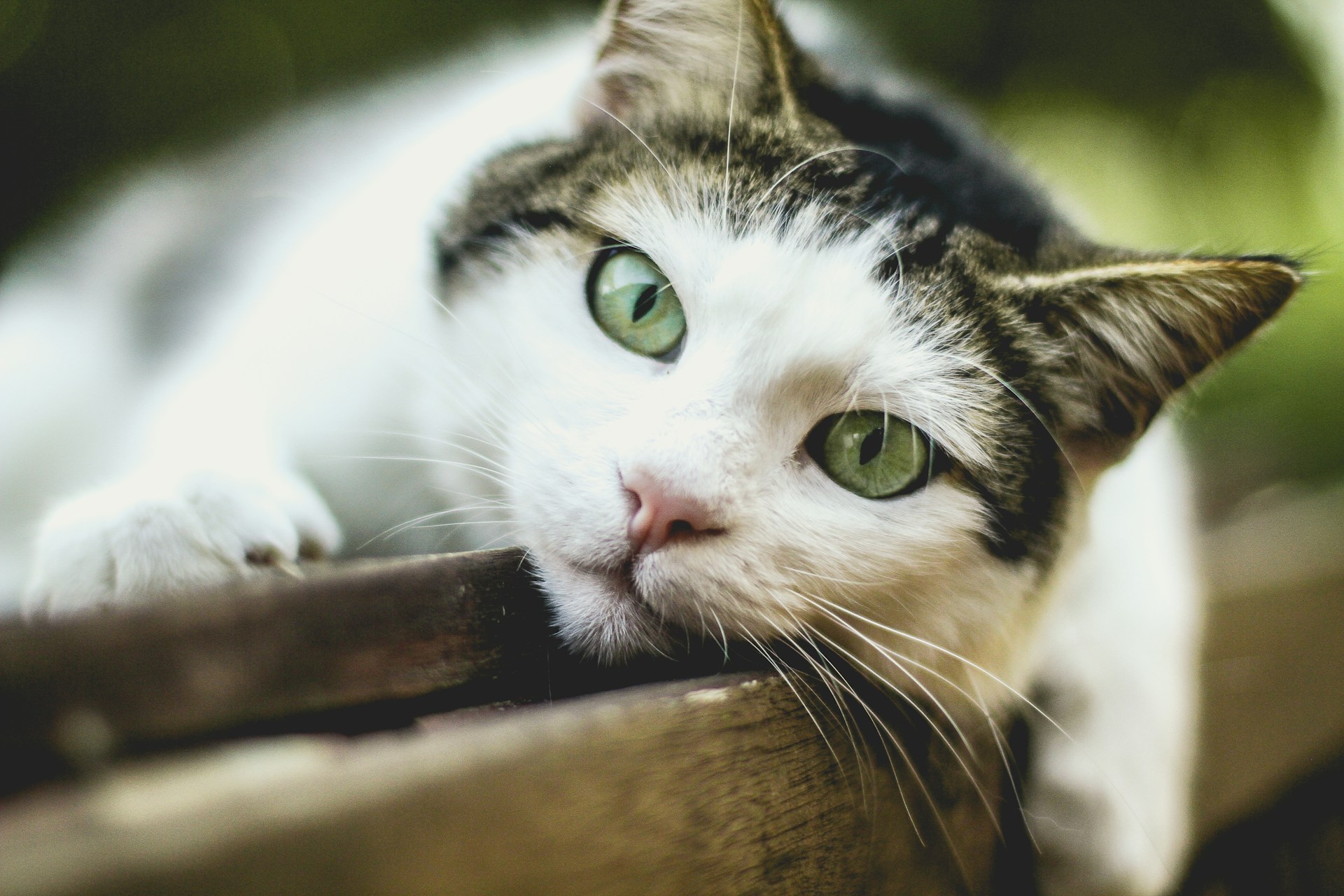 Photo by Nicolas Picard on Unsplash
Photo by Nicolas Picard on Unsplash
5. Inconsistent Training
Pets are creatures of habit and they like having clear-cut rules and routines laid out for them. That’s why constantly changing the rules or giving them mixed signals will throw them off and cause a great deal of stress and frustration.
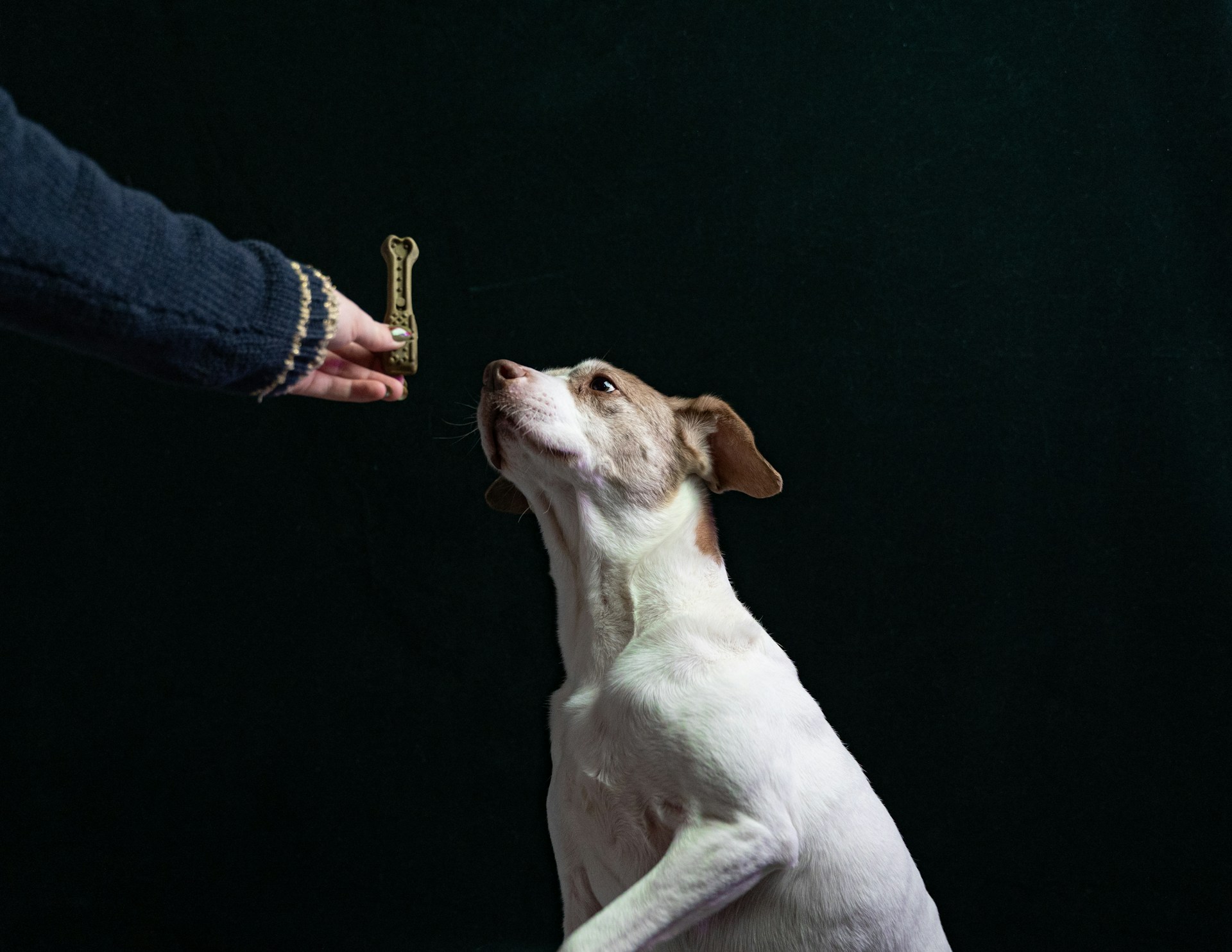 Photo by Sarah Shull on Unsplash
Photo by Sarah Shull on Unsplash
6. Playing Rough
Sure, a lot of pets (particularly dogs) enjoy a little roughhousing here and there, but it's important to establish limits and familiarize yourself with your pet's demeanour and personality first. Otherwise, you might run the risk of inadvertently frightening or over-stimulating your furry friend.
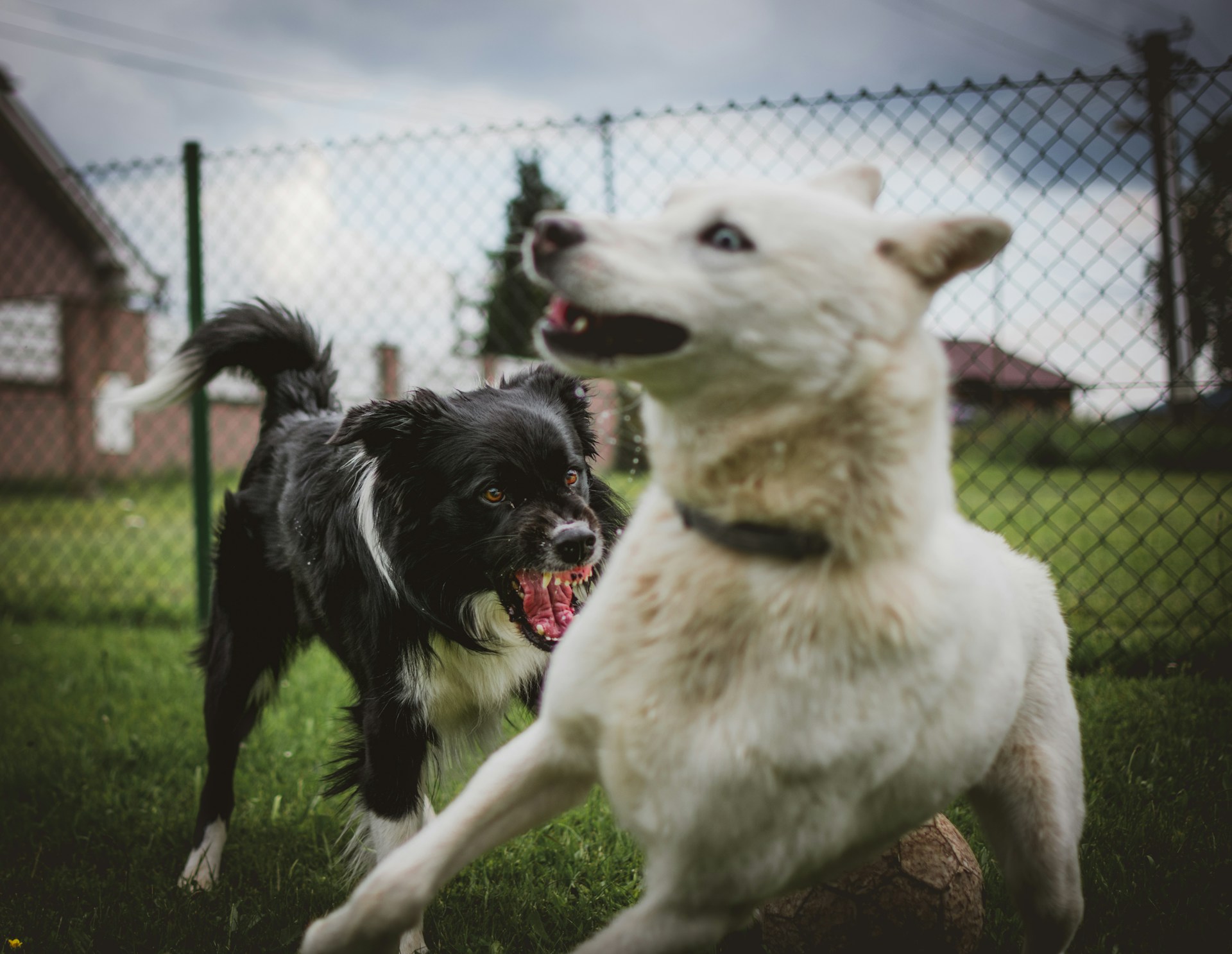 Photo by Tadeusz Lakota on Unsplash
Photo by Tadeusz Lakota on Unsplash
7. Ignoring Their Communication
Even though they can’t speak, pets are quite expressive — if you know what to look for. Ignoring your pet's attempts to communicate with you, whether it be through body language or vocalizations, may lead to overlooking their needs and causing them stress.
 Photo by Camylla Battani on Unsplash
Photo by Camylla Battani on Unsplash
8. Bathing Them Too Often
Although you may feel tempted to constantly bathe your pet in an effort to maintain maximum cleanliness, this is likely to do a lot more harm than good in the long run. Frequent bathing can strip your pet of natural oils that they need to prevent dry, itchy skin and general discomfort.
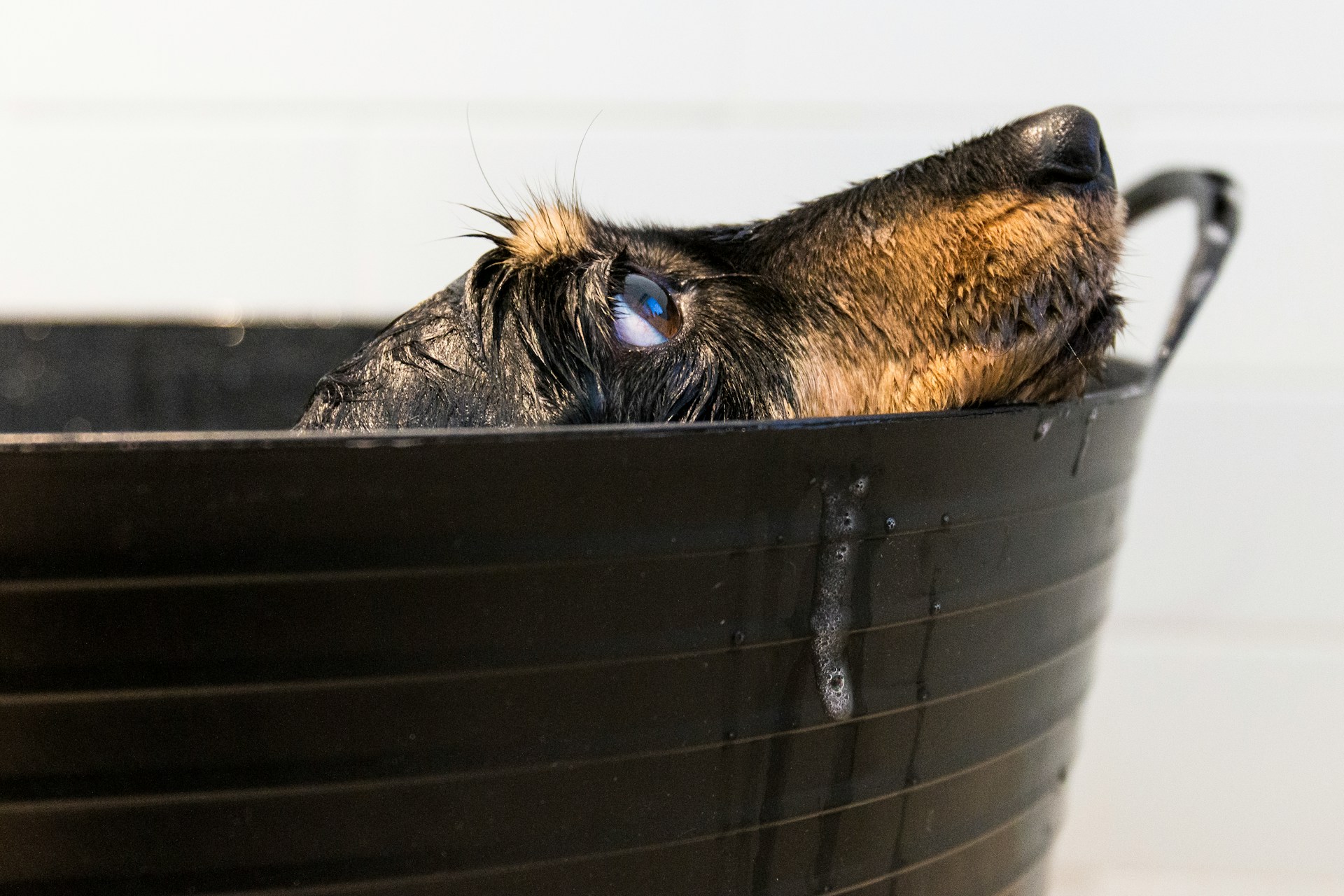 Photo by Darren Richardson on Unsplash
Photo by Darren Richardson on Unsplash
9. Taking Away Their Favorite Toys
Pets, much like people, can form attachments to inanimate objects — in their case, toys. Throwing away toys, even if they’re old or damaged, is prone to cause anxiety and distress, so always be sure to have a suitable replacement.
 Photo by Piotr Musioł on Unsplash
Photo by Piotr Musioł on Unsplash
10. Forcing Interactions with Strangers
Some pets are a lot more reserved than others, and they’re not always keen on meeting new people, even if they’re people you trust. If your pet is shy or nervous, don’t force them into interactions with strangers as this can only cause more stress.
 Photo by Claudio Schwarz on Unsplash
Photo by Claudio Schwarz on Unsplash
11. Loud Noises and Sudden Movements
Pets can easily be startled by loud noises and abrupt movements that may seem inconsequential to us. Anything from slamming the door to shouting can quickly trigger your pet's fight-or-flight response, causing them to feel uncomfortable in their surroundings.
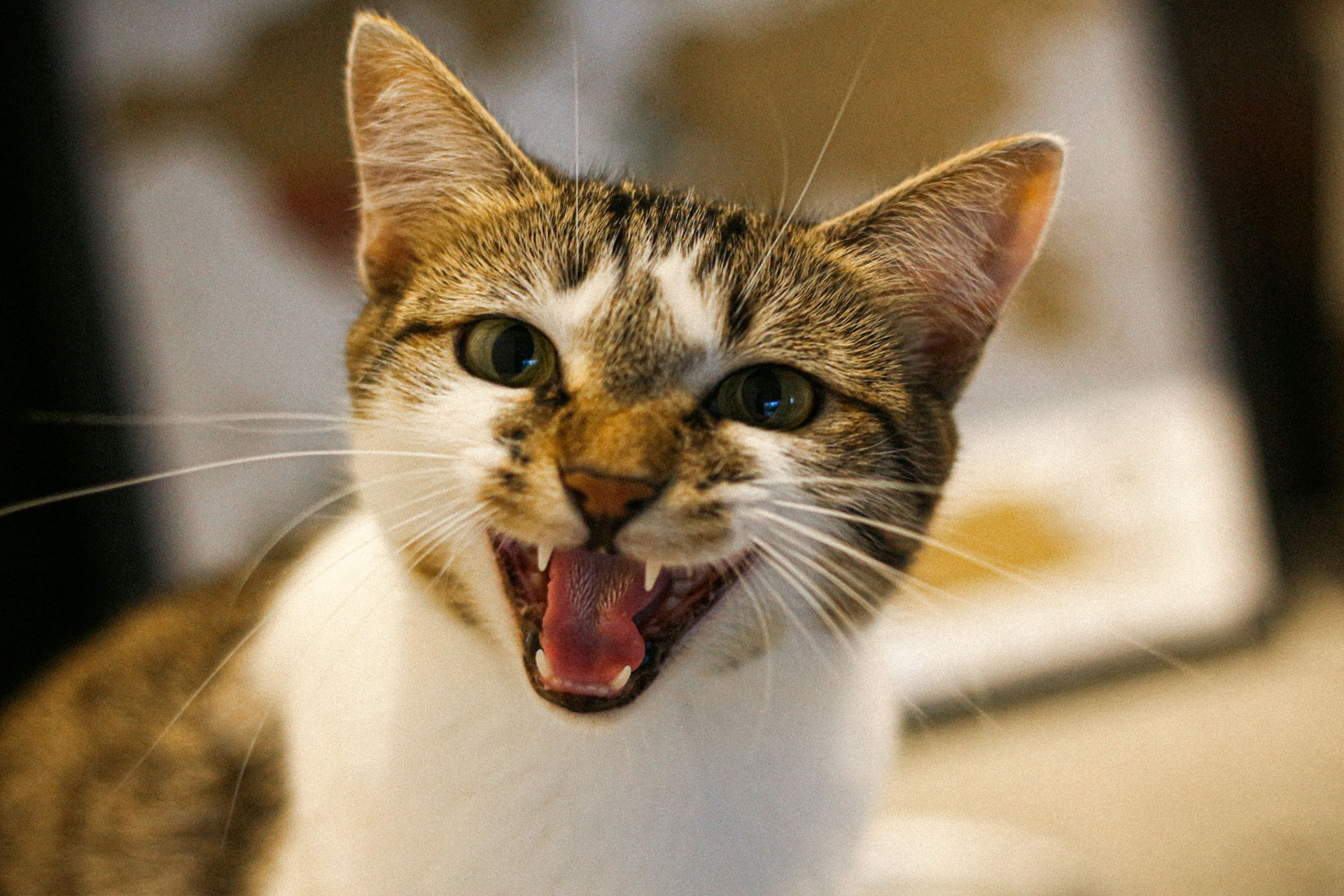 Photo by Marlon Soares on Unsplash
Photo by Marlon Soares on Unsplash
12. Feeding Them Unhealthy Treats
While this one may not be so much of an annoyance as it is an unhealthy practice, feeding your pet too many treats is prone to cause obesity and loads of health issues that will annoy your pet. Your pets have no idea when to stop eating, so it's your responsibility to properly manage their diet and keep them healthy.
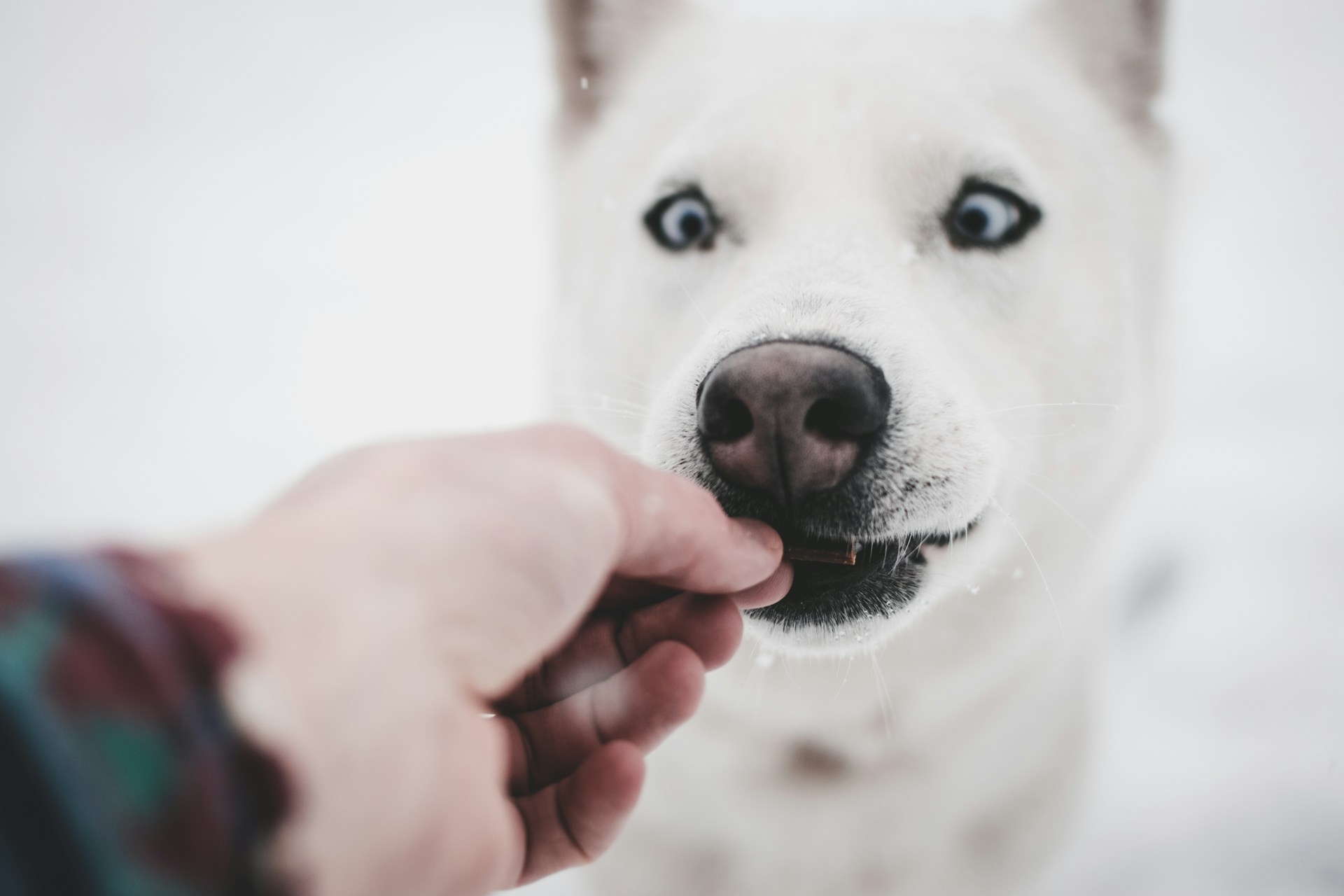 Photo by Marek Szturc on Unsplash
Photo by Marek Szturc on Unsplash
13. Leaving Them Alone for Too Long
Pets, much like human beings, don’t like being left alone for prolonged periods. Dogs are particularly prone to experiencing separation anxiety when left alone for too long and this can quickly manifest itself in unwanted and destructive behaviours.
 Photo by Hai Nguyen on Unsplash
Photo by Hai Nguyen on Unsplash
14. Neglecting Dental Care
Whether they know it or not, dental care is important and it's your responsibility to stay on top of it. Although they may find your attempts at dental care to be temporarily annoying, they’ll be far worse off with the alternative which is gum disease and tooth decay.
15. Forcing Them to Wear Collars Indoors
Pet collars are a necessary tool to ensure that your pets are easily identifiable if they get lost, but they aren’t needed indoors. Pet may quickly grow tired of the constant jingling and discomfort that accompanies collars so it's best to remove them when they don’t serve a purpose.
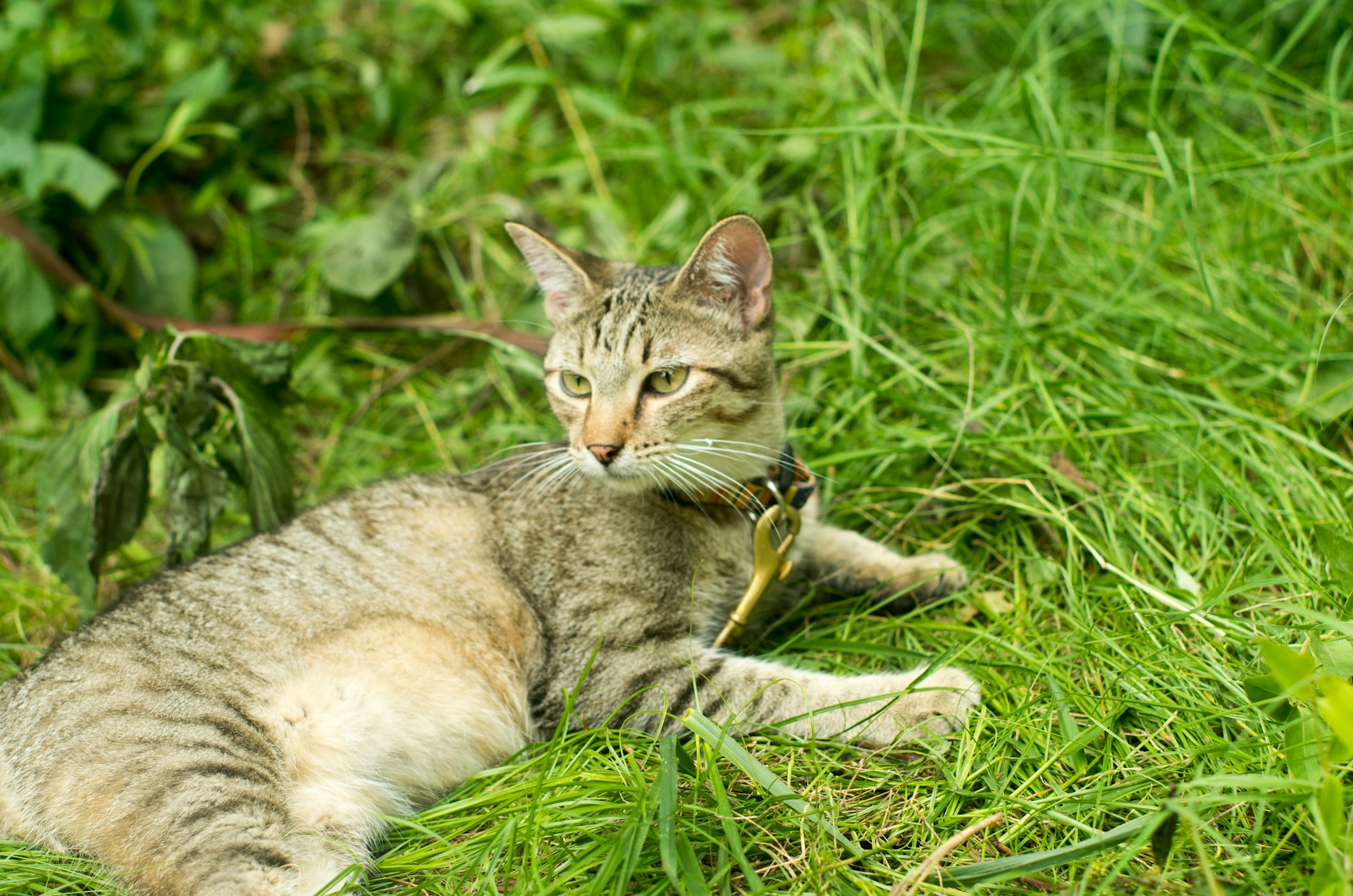 Photo by Bella Pisani on Unsplash
Photo by Bella Pisani on Unsplash
16. Ignoring Signs of Illness
Although unable to voice their issues, pets tend to showcase any underlying health problems through subtle behavioural changes. Common symptoms like lethargy, loss of appetite, and strange behaviour should be taken seriously and acted upon to prevent matters from getting worse.
 Photo by Sandie Peters on Unsplash
Photo by Sandie Peters on Unsplash
17. Using Harsh Training Methods
Training methods that emphasize punishment are liable to make your pet stressed out and anxious. Besides the fact that these methods are no better at training your pet than positive reinforcement, they can also damage the bond you have with your pet and cause them to be less responsive with training in the future.
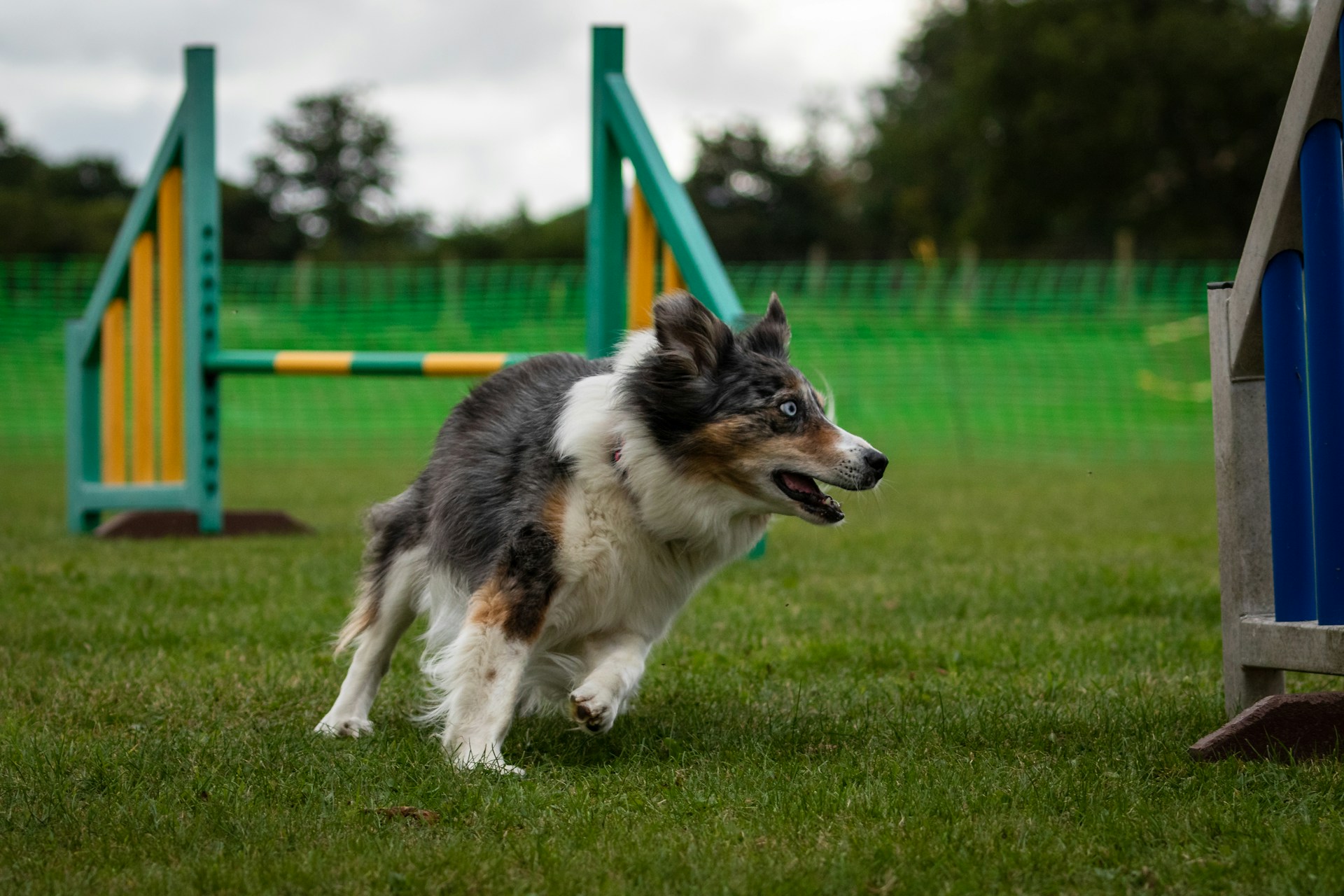 Photo by Roger Chapman on Unsplash
Photo by Roger Chapman on Unsplash
18. Changing Their Environment Too Often
Pets, particularly cats, are not keen on abrupt or frequent changes to their environment. They place a high premium on comfort and stability and it's your job to do your best to maintain these qualities. Anything from moving furniture to adding new scents can upset your pet, so be sure to do so gradually.
 Photo by Sergey Semin on Unsplash
Photo by Sergey Semin on Unsplash
19. Not Providing Enough Mental Stimulation
As the saying goes, “Idle hands are the devil’s playthings.” This is especially true for pets, as a severe lack of mental stimulation can cause your pets to be frustrated and act out in unwanted ways. So always be sure to provide your pet with stimulation through play, toys, or puzzles.
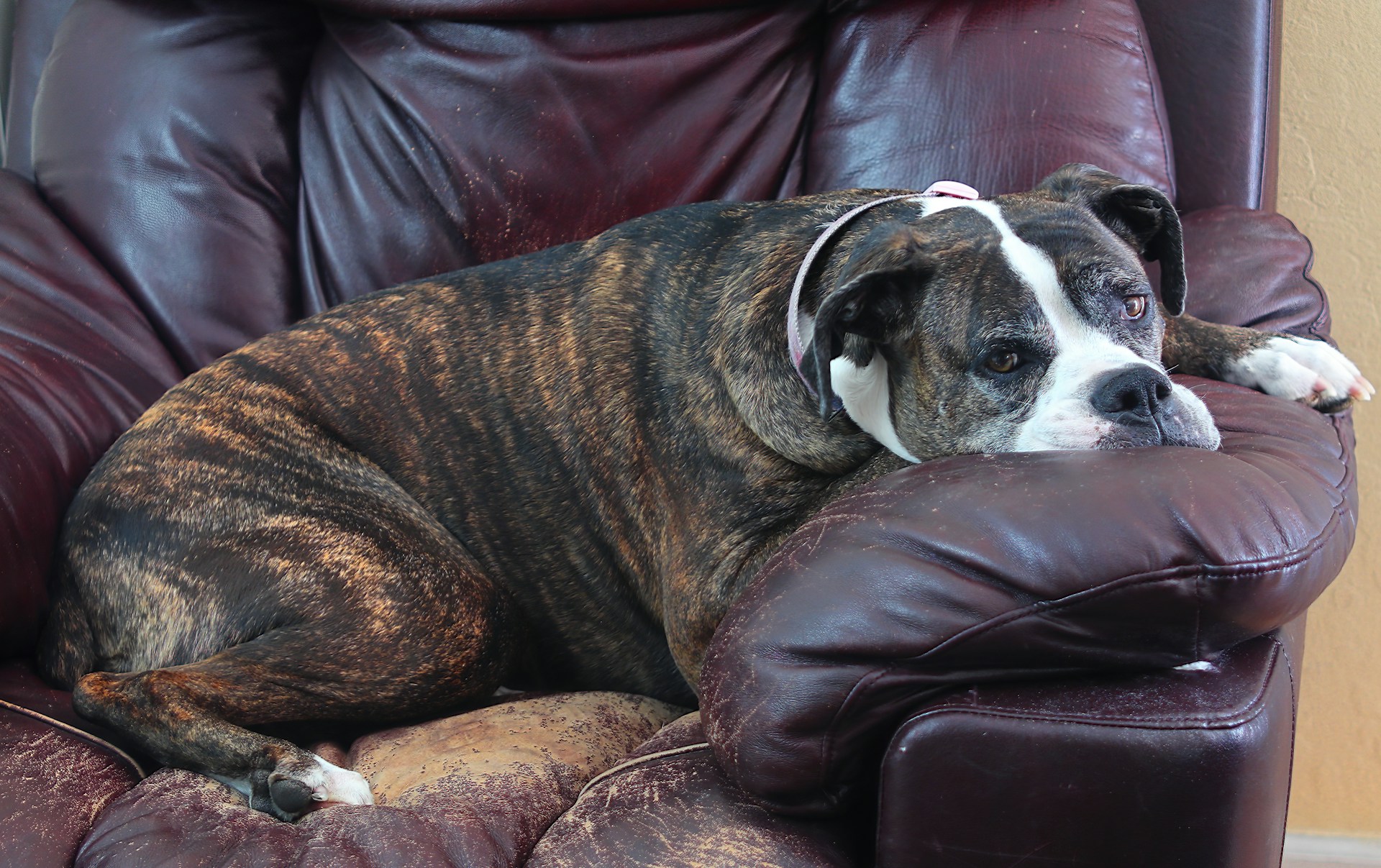 Photo by Simon Hurry on Unsplash
Photo by Simon Hurry on Unsplash
20. Forcing Them Into Water
Although sometimes necessary, this one is sure to annoy a great deal of pets — especially cats. Even dogs who haven’t been familiarized with water at an early age can feel discomfort and anxiety. Don’t force your pets into the water too prematurely; be sure to give them ample time to acclimate before diving in.



